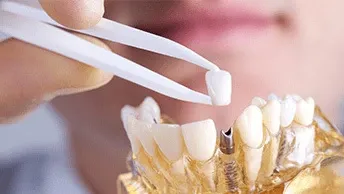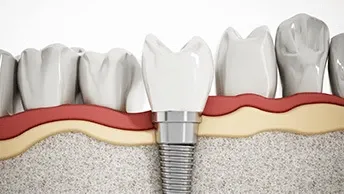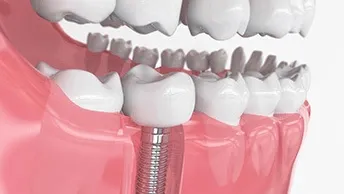Unfortunately, Medicare does not cover dentures or other routine dental services like fillings, cleanings, or teeth extractions in most cases. This is enshrined in the original Medicare legislation from 1965, and attempts to expand coverage for dental services haven't been successful.
However, there are a few exceptions and alternative options to consider:
Exceptions for Medicare Coverage:
Medically necessary dental services during hospitalization: If you require dental services as part of an inpatient stay in a Medicare-approved hospital, these services may be covered. For example, extractions due to trauma or infection that requires hospitalization might be covered.
Specific oral surgeries related to jaw reconstruction: If you need oral surgery as part of reconstructive jaw surgery after an accident or tumor removal, Medicare may cover it.
Alternative Options to Dentures:
Implant-supported dentures: While Medicare doesn't cover dentures themselves, they may partially cover implant-supported dentures under certain circumstances. This is because the implants are considered medically necessary to support the dentures, and coverage might fall under inpatient or specific oral surgery exceptions.
Dental Advantage Plans: These Medicare Advantage plans often offer additional coverage for dental services, including dentures, through their supplemental benefits. Explore plans in your area and compare their dentures coverage.
Community health centers and dental schools: These often offer discounted or even free dental services to low-income individuals, regardless of Medicare status.
Financing options: Many dentists offer financing plans to help manage the cost of dentures.
Remember:
Consult with your doctor and dentist: Discussing your specific needs and exploring all potential options is crucial.
Understand your Medicare plan: Carefully review your specific Medicare plan details to see if any dental benefits apply.
Prioritize your oral health: While dentures might not be covered, maintaining good oral hygiene remains important for your overall health.



